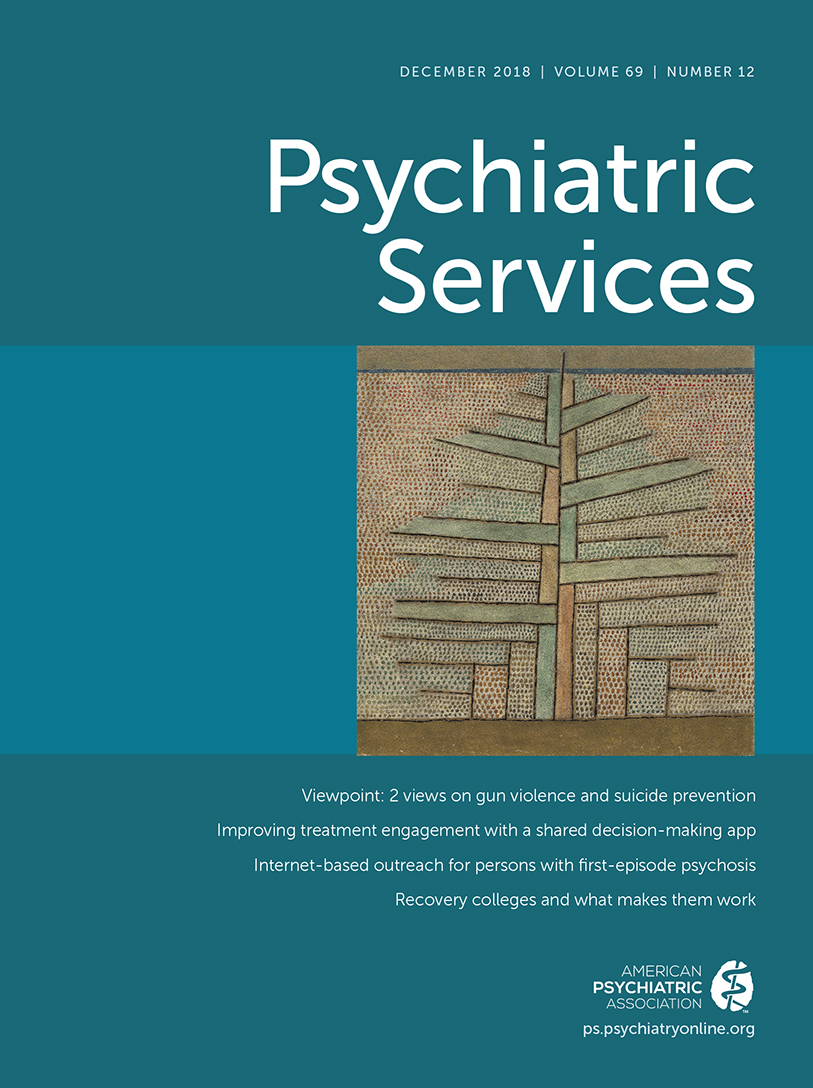Dichotomies in the Development and Implementation of Digital Mental Health Tools
Abstract
The uptake and clinical adoption of digital mental health tools, such as smartphone apps, remain limited. Although some technology barriers remain, the greatest challenges are no longer technical. Instead, dichotomous directions and efforts divide the space and limit the potential of digital tools. This column focuses on six of these dichotomies, including randomized trials versus pragmatic studies, precision medicine versus population health, free market versus regulation, consumer versus clinical uses, big data versus privacy, and open versus proprietary software. Because no panacea exists, the authors suggest a more flexible approach to the uptake and clinical adoption of digital mental health tools—an approach that offers a pragmatic solution to better appreciate the landscape and pave the way toward progress.



